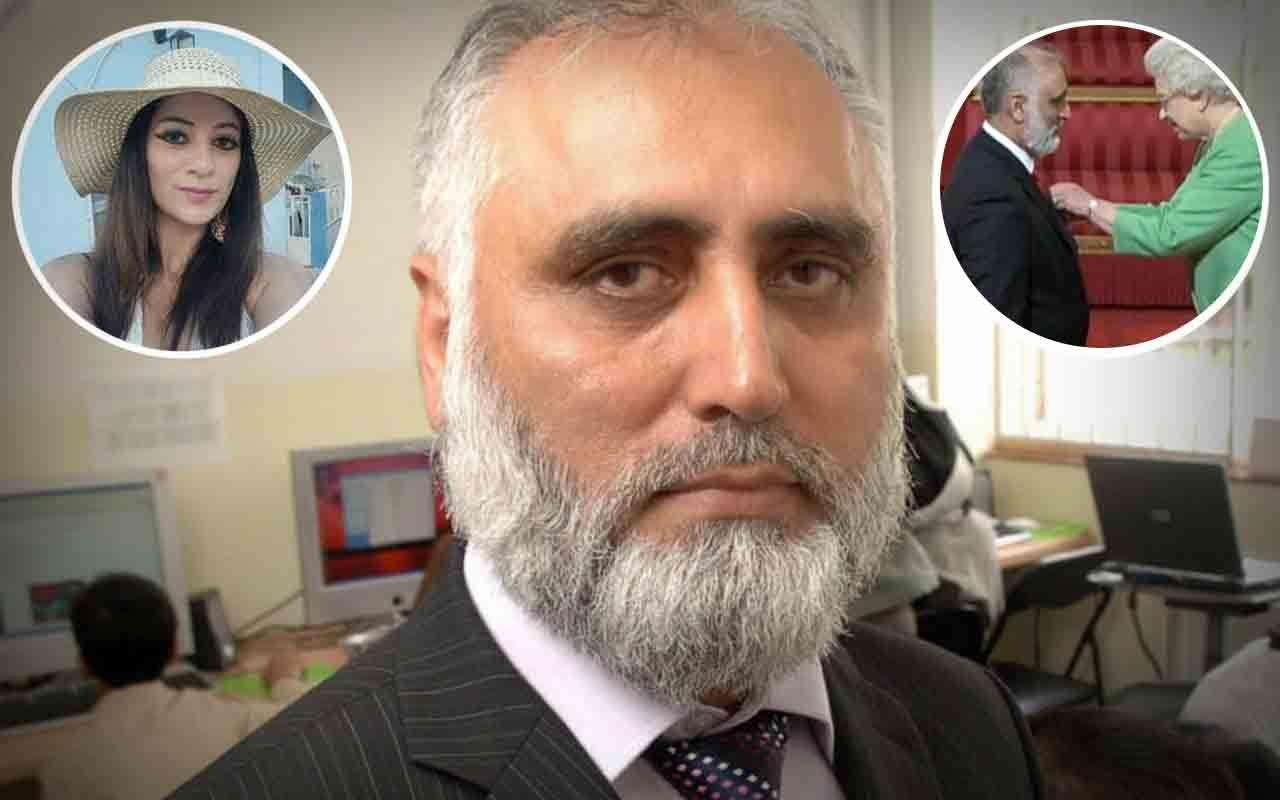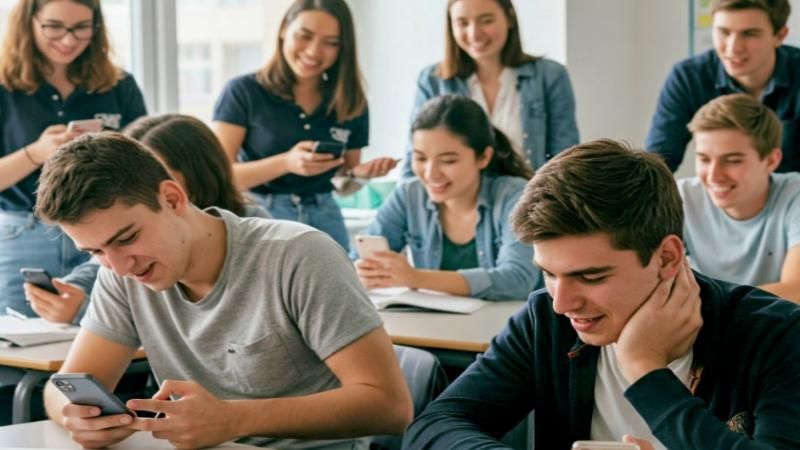The pervasive presence of mobile phones in schools is under intense scrutiny as a major education union declares them "lethal weapons" in the hands of "addicted" children. Patrick Roach, the general secretary of the NASUWT, voiced serious concerns at the union's annual conference, highlighting how the devices are fueling disruptive behavior, bullying, and the sharing of harmful content among pupils.
Roach emphasized that teachers are increasingly grappling with students who believe unrestricted phone use during school hours is a right. He pointed to the alarming statistic that two out of three teachers now link social media directly to bullying and poor conduct. The union is urgently calling for a "national response," with restricting phone access in schools being a primary step.
While current government guidance encourages schools to keep classrooms phone-free, there isn't a legal mandate in place. This has prompted calls for stricter measures from various figures, including Esther Ghey, the mother of the late Brianna Ghey, who tragically fell victim to online harms. Daniel Kebede, leader of the National Education Union, echoes this sentiment, advocating for a government ban on classroom phones.
Roach painted a stark picture of the situation, stating, "Teachers tell us of young people who are addicted. Addicted to technology used to denigrate and abuse others. Addicted to technologies used to radicalise, to disrupt and to incite others. Technology weaponised for entertainment... Conference – you tell us that mobile phones are lethal weapons. Youth violence is now a public health issue of our times."
However, Education Secretary Bridget Phillipson has dismissed the idea of a legal ban as a mere "headline-grabbing gimmick." Labour MPs also recently rejected a Conservative amendment that aimed to prohibit phone use during the school day in England. Shadow Education Secretary Laura Trott, while urging for tougher action, acknowledged the growing evidence of the detrimental effects of smartphones on students.
The NASUWT insists that a more comprehensive approach is needed, including enhanced support for parents in safeguarding their children online and "robust action" against social media companies. Roach stressed the need for the government to escalate its response, calling for a "national cross-sectoral initiative" led by ministers to bolster safety and security in educational settings, with teachers actively involved in the discussions.
Phillipson maintains that legislation isn't necessary, as headteachers already possess the authority to confiscate phones during the school day. A recent report by the Children’s Commissioner indicated that over 90% of secondary schools in England have policies aimed at limiting phone use, although the level of enforcement varies. The survey of around 2,500 secondary schools revealed that 79% permit students to bring phones to school but require them to be switched off and out of sight during the school day.
For British Muslim, British South Asian, British Bangladeshi, British Pakistani, and British Indian households and their school-going children, raising awareness and taking proactive steps is crucial in navigating this complex issue. Here are some potential actions:
Open Family Dialogue: Initiate open and honest conversations within the family about the potential risks and benefits of mobile phone use. Encourage children to share their online experiences and any concerns they might have.
Establish Clear Boundaries at Home:Implement clear rules and time limits for mobile phone usage at home. Designate phone-free zones and times, such as during meals and before bedtime.
Educate About Online Safety: Teach children about responsible online behavior, including the dangers of cyberbullying, sharing personal information, and exposure to harmful content. Emphasize the importance of critical thinking when encountering information online.
Monitor and Engage: Where appropriate and with respect for privacy as children mature, be aware of the apps and platforms your children are using. Engage with them in their online world to understand their experiences and offer guidance.
Collaborate with Schools: Engage with your children's schools to understand their mobile phone policies and offer your support in creating a safe and focused learning environment. Attend parent-teacher meetings and voice your concerns or suggestions.
Promote Digital Literacy: Encourage the development of digital literacy skills in children, helping them to navigate the online world safely and responsibly. This includes understanding privacy settings, identifying misinformation, and knowing how to report inappropriate content.
Seek Community Support: Connect with community organizations and leaders within British Muslim, British South Asian, British Bangladeshi, British Pakistani, and British Indian communities to share concerns and develop culturally sensitive strategies for promoting online safety.
Be Role Models: Children often learn by observing the adults around them. Model responsible and balanced technology use in your own lives.
Utilize Available Resources: Explore resources provided by government agencies, charities, and educational organizations that offer guidance on online safety for children and parents in the UK.
Advocate for Change: Consider contacting your local Member of Parliament to voice your support for stronger regulations and resources aimed at protecting children online and in schools.
By fostering open communication, setting clear boundaries, and actively engaging in their children's digital lives, families within these communities can play a vital role in mitigating the potential harms associated with mobile phone use and promoting a safer and more focused environment for their school-going children.








.svg)


